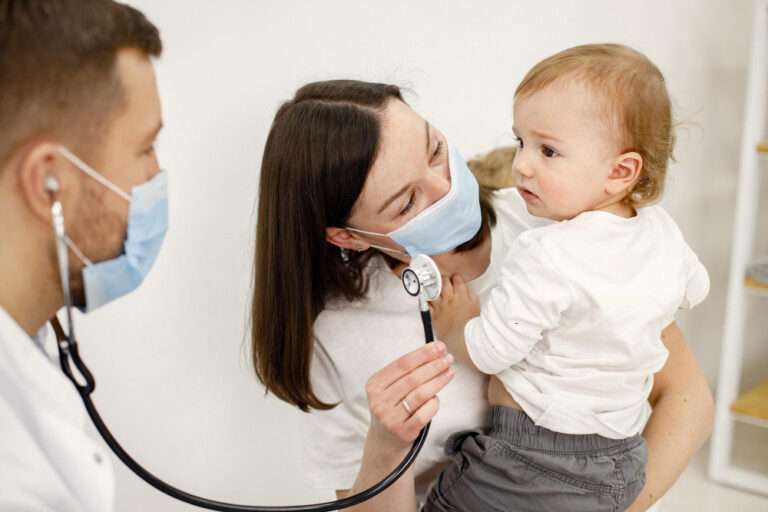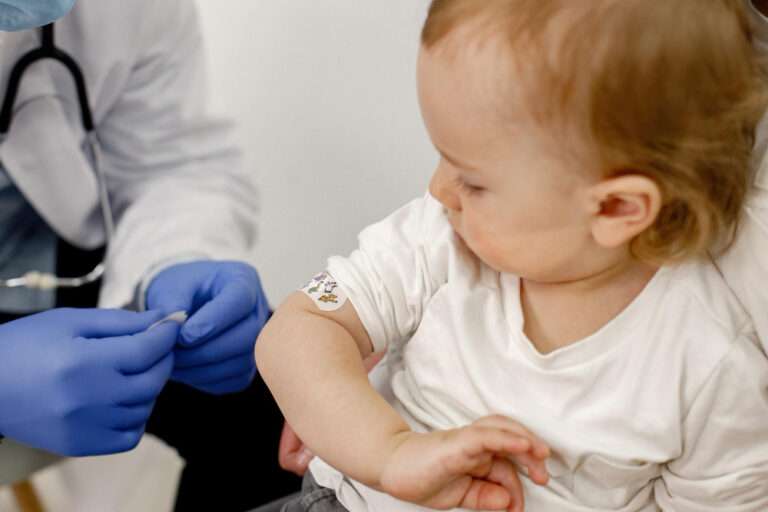Hepatitis B vaccination for children
Hepatitis B vaccination for children is an essential component of routine childhood immunization schedules. The hepatitis B vaccine helps protect children from hepatitis B, a viral infection that can lead to serious liver-related complications, including chronic liver disease and liver cancer. Here’s what you need to know about hepatitis B vaccination for children:
1. Timing: The hepatitis B vaccine is typically administered in a series of three doses. The recommended schedule is usually as follows:
- The first dose is given shortly after birth, typically within the first 24 hours for babies born to mothers who are hepatitis B positive, and by age 2 months for all other infants.
- The second dose is usually given at 1 to 2 months of age.
- The third dose is typically given at 6 to 18 months of age.
2. Booster Shots: In most cases, hepatitis B vaccine administered during childhood provides long-lasting protection, and no additional booster shots are required. However, healthcare providers may recommend booster shots for specific populations or individuals at higher risk.
3. Combination Vaccines: In some cases, the hepatitis B vaccine is included as part of combination vaccines, such as the HepB-Hib or HepB-HepA combination vaccines. These vaccines help protect against hepatitis B as well as other diseases like Haemophilus influenzae type b (Hib) or hepatitis A.
4. High-Risk Groups: Infants born to mothers with hepatitis B, those born to mothers from regions with high rates of hepatitis B infection, and children in high-risk groups (e.g., those with household members with hepatitis B, or those who may come into contact with blood or bodily fluids) may receive the hepatitis B vaccine at birth and continue on the recommended schedule.
5. Safety and Effectiveness: The hepatitis B vaccine is highly effective in preventing infection, and it has a strong safety record. Common side effects are mild and temporary, such as pain at the injection site or a mild fever.
6. Benefits of Early Vaccination: Early vaccination is crucial because hepatitis B can be transmitted from an infected mother to her newborn, and it can lead to chronic infection in children. Preventing hepatitis B infection from an early age is important for lifelong protection.
7. School Entry Requirement: In many countries, proof of hepatitis B vaccination is a requirement for school entry, so ensuring your child receives the vaccine according to the recommended schedule is important.
It’s important to discuss the hepatitis B vaccination schedule with your child’s healthcare provider, as recommendations may vary by region and individual circumstances. Ensuring your child receives all recommended doses of the hepatitis B vaccine is an important step in protecting their long-term health and preventing the transmission of the virus to others.
------------From our Sponsors------------









